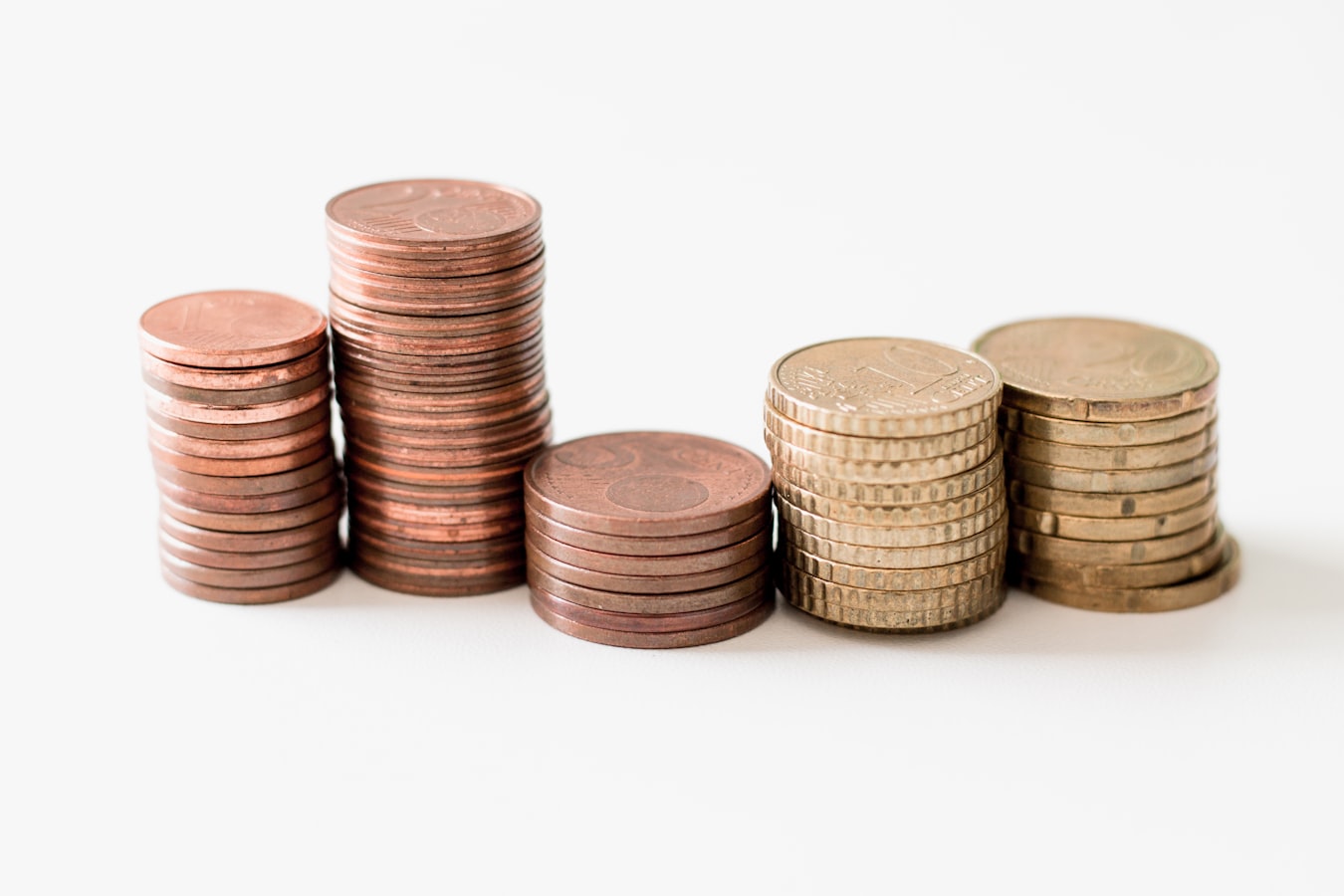|
1. What is a certificate account?A certificate account is a short to mid-term investment that is locked-in for a particular time and pays interest above what a typical savings or checking account would garner. A certificate account will generally renew automatically upon maturity unless the account holder directs otherwise. Because it is a locked-in investment, deposits are only allowed at the time of opening or maturity. 2. Who is it for?Investing in a certificate account is good for anyone who wants a low-risk investment to grow funds they won't be using immediately. Certificate accounts are beneficial for specific life goals an investor may have. Since withdrawals during the term come with a penalty, they are less likely to be touched, making them a great way to save for specific goals, such as a home purchase, automobile or renovation. 3. What are some benefits of a certificate account?While regular savings accounts allow unrestricted access to funds, they can be problematic for those with less than stellar budgeting skills. Investing in a certificate account allows funds to grow unimpeded, and is a great tool for those looking to learn how to live without dipping into a savings account. Certificate accounts yield a higher return than traditional checking or savings accounts, which can add up. Likewise, because rates are fixed for the length of the term, you'll never need to fear that interest rates will drop during the term and you'll always know what you can expect to earn with no surprises. 4. How should I invest?
Determining the amount you want to invest is the first step in deciding how to proceed with a certificate account. For those looking to add value to a large initial deposit, a laddering strategy certainly may be the way to go. 5. Is my money safe?Certificate accounts are available by banks and credit unions, which means their contents are insured by the NCUA or FDIC for up to $250,000 per individual.1 6. Do I need to keep track of my purchase date?Because a certificate account will generally renew automatically upon maturity, you need to know when the maturity date is approaching to ensure you contact your lender with instructions on how you would like to proceed. Automatic renewal may mean a missed opportunity to cash out or re-invest in another certificate account with a different maturity date or a higher level of return. 7. Do I have to pay tax?While it can seem like an extra windfall, income earned from a certificate account is reported as income on your 1099 the year it accrues. For the right people, certificate accounts are a great way to grow your money with low risk and great rewards in the future. Sources: |

